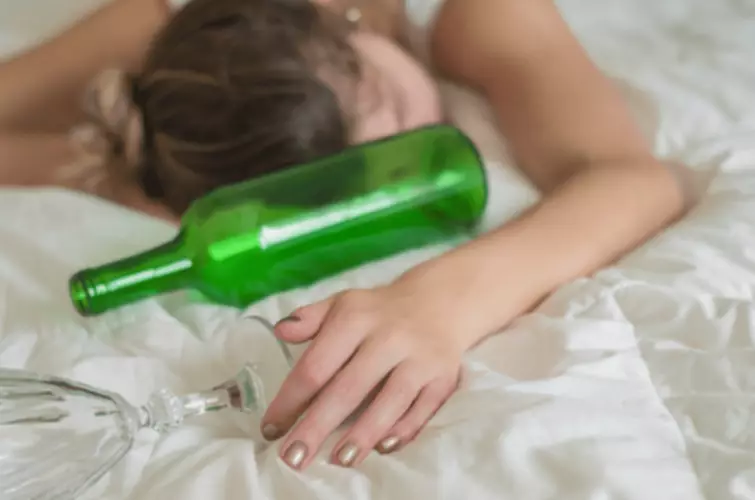It’s also called alcohol dependence, alcohol addiction or alcohol abuse. Residential treatment programs typically include licensed alcohol and drug counselors, social workers, nurses, doctors, and others with expertise and experience in treating alcohol use alcohol addiction help disorder. For serious alcohol use disorder, you may need a stay at a residential treatment facility. Most residential treatment programs include individual and group therapy, support groups, educational lectures, family involvement, and activity therapy.
Because AUD can be a chronic relapsing disease, persistence is key. It is rare that someone would go to treatment once and then never drink again. More often, people must repeatedly try to quit or cut back, experience recurrences, learn from them, and then keep trying.
Related Institutes & Services
A health professional can conduct a formal assessment of your symptoms to see if AUD is present. For an online assessment of your drinking pattern, go to RethinkingDrinking.niaaa.nih.gov. The two manuals use similar but not identical nomenclature to classify alcohol problems. Visit the following websites to learn about The Recovery Village’s network of rehabilitation facilities. Each center is ready to help people learn how to cope with their addiction and uncover the root causes for their substance use disorder. If you or a loved one struggles with alcohol addiction, help is available.

Reach out to us today by filling out the contact form below with your name, contact information, and a brief message about your recovery journey. If your story is chosen, a member of our team will reach out to you. History and current activities; sharing from groups, service committees, and individual A.A. https://ecosoberhouse.com/ You can just sit and listen and learn more about recovery, or you can share about your situation. Group therapy, led by a therapist, can give you the benefits of therapy along with the support of other members. Alcohol addiction is a serious illness, and most people aren’t able to get sober on their own.
Medical Professionals
We may receive advertising fees if you follow links to promoted online therapy websites. Approximately 7.9 million Americans classify as dual-diagnosis (with any substance and any disorder). Among this population, alcohol is by far the most commonly abused substance. It’s much easier to avoid drinking if you don’t keep temptations around. Once you’ve made the decision to change, the next step is establishing clear drinking goals.
The more specific, realistic, and clear your goals, the better. This combination can mirror the “active ingredients” of the best specialty programs. At the same time, it’s a way to get higher quality, one-on-one care that maintains privacy.
Behavioral Treatments
The following is an overview of the most popular methods for treatment which you may encounter at a rehab facility. Before talking with them, it may be helpful to speak with a healthcare provider who specializes in addiction to obtain guidance on how to get help for alcoholism. Once you’ve done that, choose a time to sit down with them when they are sober so they can better process what you are saying. There’s no magic bullet or single treatment that works for everyone. Everyone’s needs are different, so it’s important that you find a program that feels right to you. Any alcohol addiction treatment program should be customized to your unique problems and situation.
The emotional impact of helping a loved one stay sober can take a toll. Seek help from a therapist or a counselor if you feel stressed or depressed. You can also participate in a program that’s designed for the friends and family members of alcoholics, such as Al-Anon. If you or a loved one is ready to overcome an alcohol addiction, reach out today. Treatment providers can connect you with programs that provide the tools to help you get and stay sober. An inpatient or outpatient rehab program for alcoholism will offer a variety of treatment therapy options.
Having continued support from others who understand recovery can be essential in early recovery. 12-Step programs like Alcoholics Anonymous (AA) are examples of long-term peer support programs that are available just about everywhere across the country. Medical care for alcohol use disorder has improved through the years. Medications have become more sophisticated in treating both the physical and psychiatric needs of someone recovering from an alcohol use disorder. Generally, people prefer to complete their detoxification in a setting that includes 24-hour medical supervision that prevents any serious medical issues from developing.
Before you speak with them, try putting yourself in their shoes. The most important thing is to let them know that you care and that you’ll be there when they need your support. Watching a family member, friend, or coworker with an alcohol use disorder can be difficult. You might wonder what you can do to change the situation, and whether or not the person even wants your help.
